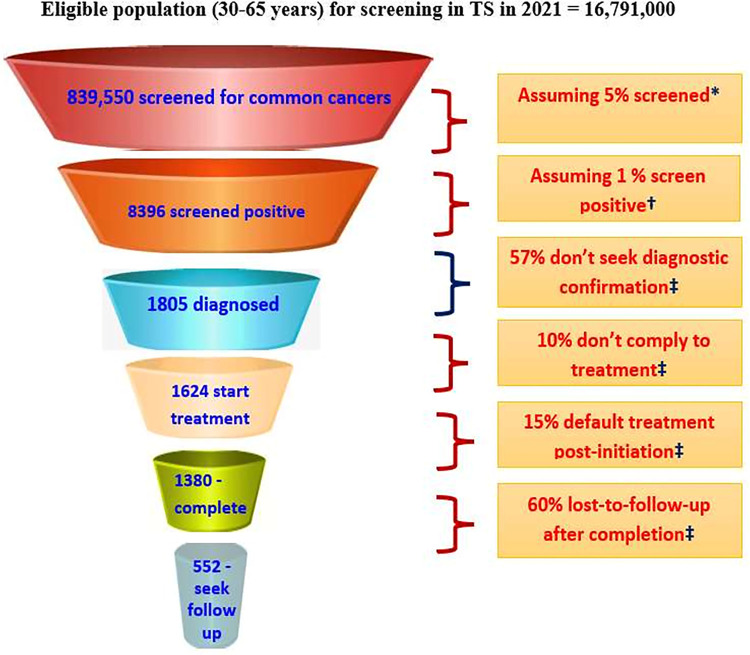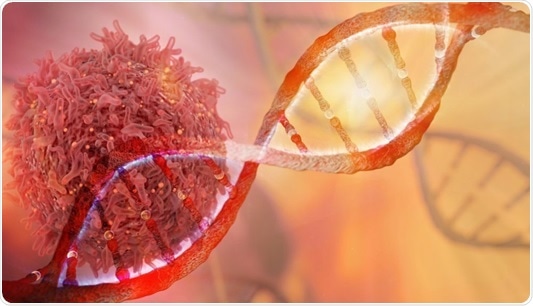A recent study conducted by the Indian Institute of Public Health brought to notice a rapid increase in the cancer burden across Telangana alone. The estimates revealed Rise in 44.7% increase in the number of cases by the year 2037. The research was done by analysing the number of patients visiting for radiotherapy, and chemotherapy sessions in healthcare centres.
Table of Contents

Lack of awareness in the masses
The research revealed that a significant number of patients experienced delays in seeking cancer treatment, and many also encountered difficulties in adhering to their treatment plans due to various hindrances at both individual and systemic levels. An overwhelming 84 per cent of healthcare providers identified lack of awareness as the primary factor contributing to people’s delay in seeking medical assistance for cancer-related issues.Amidst misinformation, patients faced substantial challenges such as being unaware of cancer risk factors and unfamiliar with self-examination procedures. Regrettably, some even disregarded early symptoms. The study found that primary healthcare providers commonly encountered patient-related barriers like negligence towards early symptoms and a preference for local unlicensed practitioners over allopathic professionals

Free Treatment, But….
The study found that even though diagnostic tests and treatments were provided free of charge at public health facilities, approximately 60 per cent of stakeholders highlighted the burden of indirect costs for families below the poverty line. These costs, such as loss of wages and work hours, became particularly challenging if the patient or their primary caregiver was the sole breadwinner in the family.
Moreover, patients and their families had to bear the direct non-medical expenses, including transportation and accommodation, during the course of cancer treatment. This became especially difficult for individuals residing in remote areas, where the treatment duration could be extended.
As cancer treatment often required a prolonged commitment, the financial strain intensified, resulting in distress financing and out-of-pocket expenditures ranging from 40 per cent to 70 per cent of the total treatment expenses

Major Challenges
The study shed light on a significant issue: a considerable proportion of cancer patients did not complete their treatment, discontinuing the care process between cancer screening and treatment completion. Oncologists expressed worry about how patients perceived cancer treatments and the potential side effects, such as hair loss during chemotherapy, which led them to abandon the prescribed therapy in favour of alternative treatments, assuming that the recommended one was ineffective.
One healthcare provider revealed to the researchers that after the first cycle of treatment, patients often returned home with a belief that they were fully cured, leading to delays in returning for subsequent cycles. They would only come back when the disease progressed and discomfort or difficulties arose.
Psychological factors, especially anxiety, were cited by 60 per cent of healthcare providers as a reason for patients’ non-compliance with the treatment.
Critical Care System
Study reflects upon the lack of a standardised care system for cancer diagnosis, along with considerable treatment for cancer patients. Physicians from the primary level confirmed undersupply of diagnostic equipment and specialists needed for much smoother confirmatory diagnosis and positive recovery at the secondary level.
The much-needed referral of screen-positive and suspected cases was accentuated at the secondary level as necessary for secondary protocol. Crystal ball used up for analysing the data revealed a significant surge in cancer cases and an increase in the workload of healthcare workers over the span of the next 15 years to come( 2022-2037). This imminent rise in cancer cases necessitates a collaborative effort to confront the challenges and allocate resources effectively, ensuring timely and efficient treatment for all individuals affected.

Conclusion
In conclusion the study reveals that 84 per cent of the health care providers pointed to lack of awareness as the fundamental reason for people’s delay in seeking medical help for cancer-related issues. A significant number of patients experienced delays in seeking cancer treatment, and many also encountered difficulties in adhering to their treatment plans due to various hindrances at both individual and systemic levels. Amidst misinformation, patients faced substantial challenges such as being unaware of cancer risk factors and unfamiliar with self-examination procedures. Regrettably, some even disregarded early symptoms.
Reference:
(Smith et al., 2021) Smith, J., Petrovic, P., Rose, M., De Souz, C., Muller, L., Nowak, B., & Martinez, J. (2021). Placeholder Text: A Study. The Journal of Citation Styles, 3. https://doi.org/10.10/X












